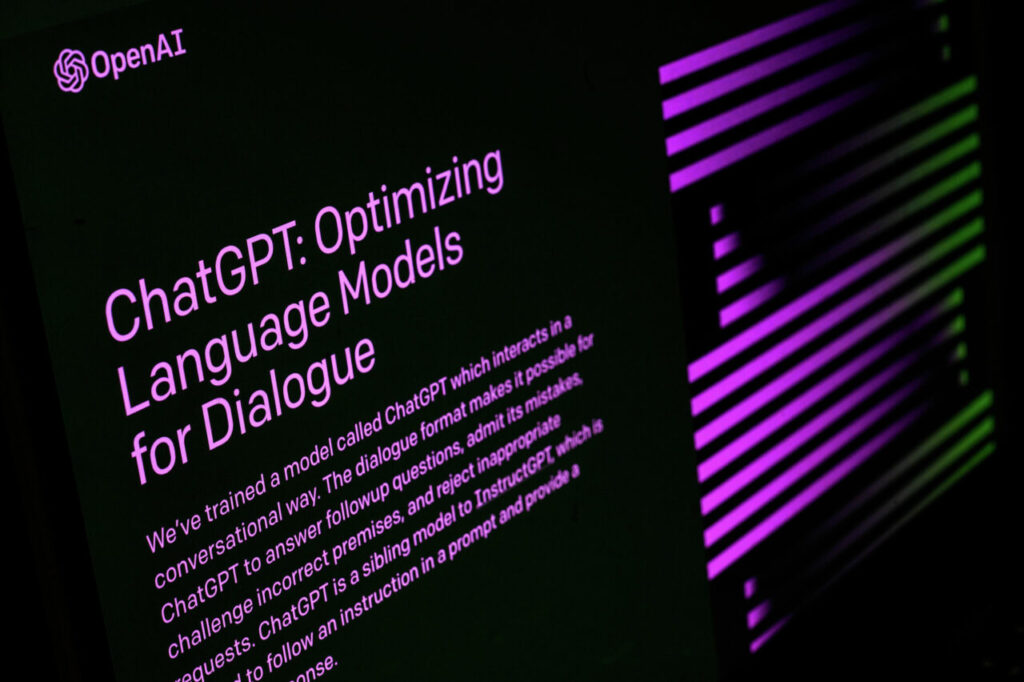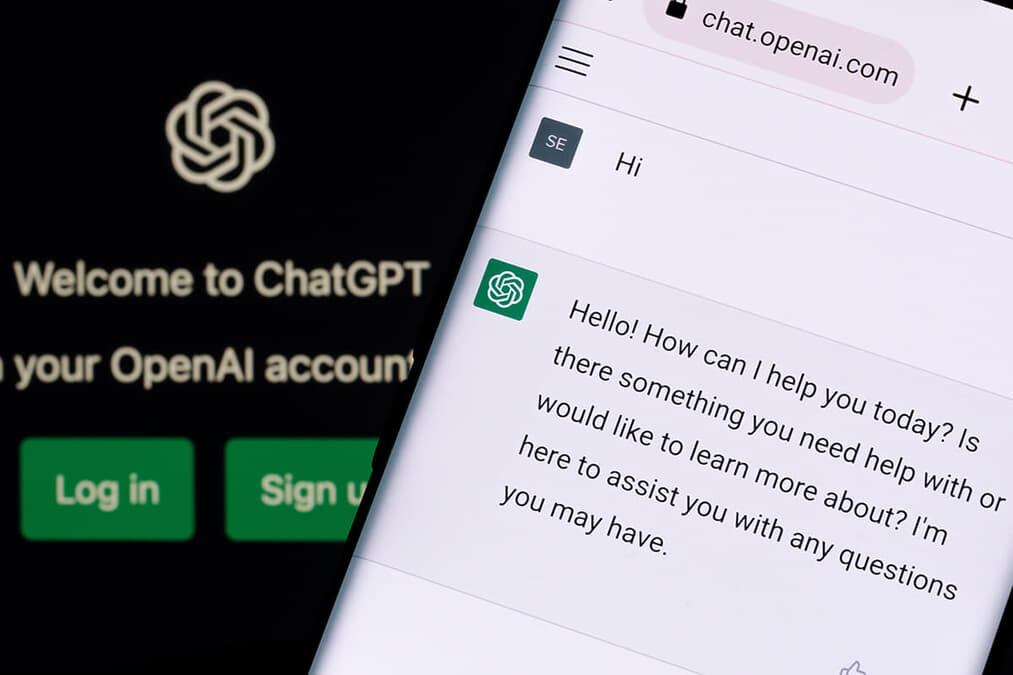ChatGPT Recent Vulnerabilities – A quick glance at the discovery made
In the realm of artificial intelligence, the recent discovery of vulnerabilities in ChatGPT plug-ins has raised significant concerns about data security. These vulnerabilities, which have since been remediated, posed a heightened risk of proprietary information being stolen and the threat of account takeover attacks.

The Vulnerabilities Uncovered in ChatGPT
Three types of vulnerabilities related to ChatGPT plugins were identified. These vulnerabilities could have led to data exposure and account takeovers.
The first vulnerability occurred during the installation of new plugins, when ChatGPT redirected users to plugin websites for code approval. Attackers could exploit this to trick users into approving malicious code, leading to the automatic installation of unauthorized plugins and potential account compromise.
The second vulnerability was found in PluginLab, a framework for plugin development. It lacked proper user authentication, enabling attackers to impersonate users and execute account takeovers. This was seen with the “AskTheCode” plugin connecting ChatGPT with GitHub.
The third vulnerability was related to OAuth redirection manipulation. Certain plugins were susceptible to this, allowing attackers to insert malicious URLs and steal user credentials, facilitating further account takeovers.
The Impact and Importance of These ChatGPT Vulnerabilities
These vulnerabilities put hundreds of thousands of users and organizations at risk. The potential for proprietary information to be stolen and the threat of account takeover attacks were significant. The vulnerabilities could have granted unauthorized access to users’ accounts and services, including sensitive repositories on platforms like GitHub.
GenAI Plug-in Security Risks
Generative artificial intelligence (GenAI) represents a double-edged sword in the realm of cybersecurity. While it can mimic human cognitive functions, it also opens a Pandora’s box of cyber threats that are both sophisticated and difficult to predict. The scalable nature of GenAI introduces a velocity of threats that was previously unattainable. Automated attacks can now be launched at a scale and speed, posing significant challenges for cybersecurity defenses.
The ethical quandaries and privacy implications of deploying GenAI in surveillance and data analysis cannot be overlooked. These concerns highlight the need for a comprehensive reevaluation of security frameworks, ensuring they are not only effective against the current landscape of threats but are also adaptable to the evolving capabilities of GenAI technologies.
Conclusion
The discovery of these vulnerabilities underscores the importance of robust cybersecurity measures in the era of AI. It’s crucial for users and organizations to stay updated on the latest security risks and ensure their apps and plugins are always updated to the latest versions. As the landscape of threats becomes increasingly sophisticated, vigilance, innovation, and collective action are needed more than ever.
Remember, security is not a one-time task but an ongoing process. Stay safe, stay updated!
You think you have a story worth everyone’s time? SUBMIT A STORY and we will publish it.
Share this content:




Post Comment